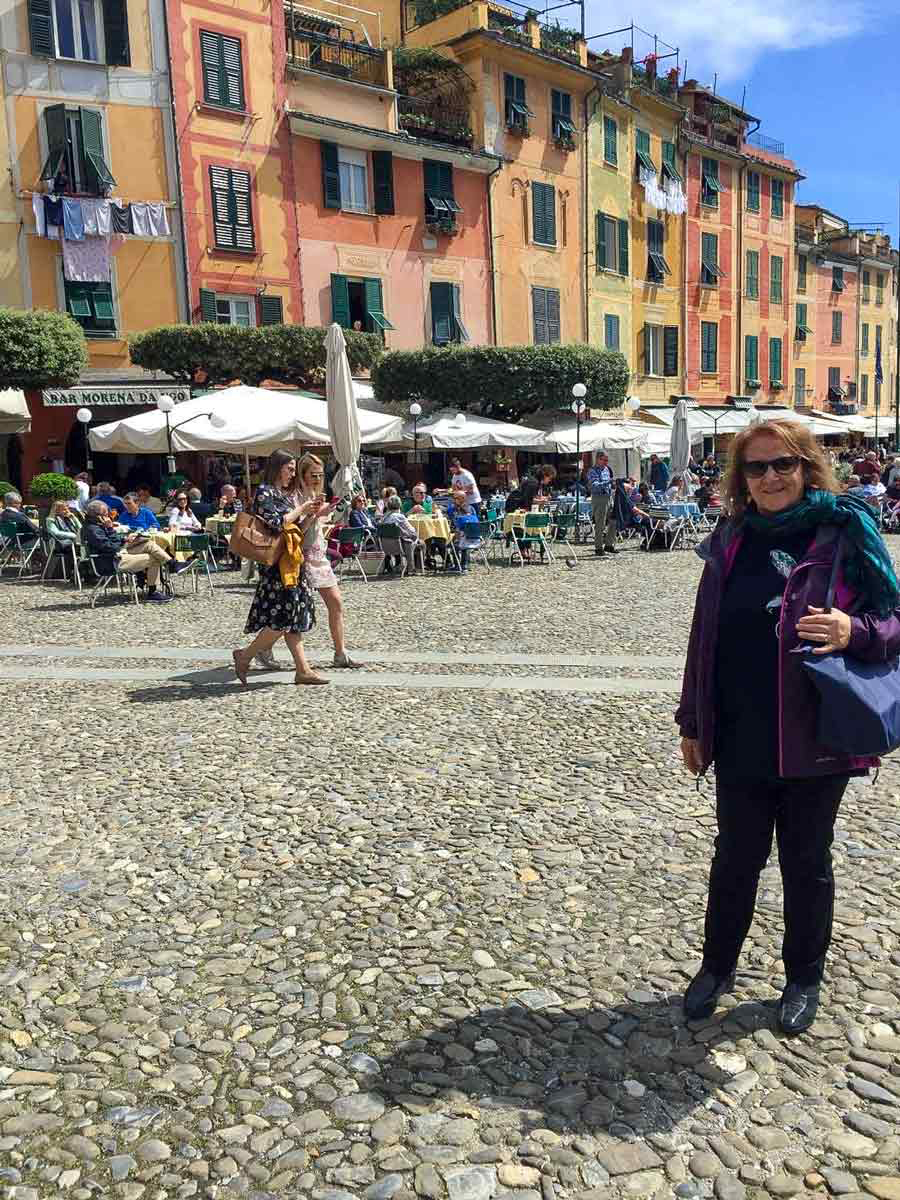RENDE, ITALY – It was on Feb. 18, after a return trip from Milan, that Ivana Pavia first noticed that things were awry.
Pavia and her partner, Filippo, had been to northern Italy for a medical appointment, shopping and sightseeing.
In the north, there had whispers of the impending virus. They paid no immediate heed to what they thought were rumours. It wasn’t until Pavia went grocery shopping at the local supermarket once they returned home that she noticed the crowds and felt a sense of doom.
“At first, when I saw all the people shopping for groceries, I thought they were out preparing for the upcoming Lenten Carnival that is celebrated yearly, prior to Easter,” Pavia recalls.
“For some reason, I wasn’t convinced, so I stopped and approached one of the produce workers to see if perhaps he could shed light on what was going on, if there was something else occurring that I was not aware of that would warrant so many people in the grocery store on this particular day.
“I will never forget how he looked at me and said, ‘It’s the virus.’ His gaze, his words were haunting. He went on to explain that we needed to stay home.”
Pavia moved to Italy in 2011. She lives in Rende, Calabria, in a city of over 50,000. Rende is known for its museums, castles and rich culinary scene. It is a university town. The city is vibrant with students, tourists and the locals who actively participate in the plethora of activities in the picturesque community.
“We had heard rumblings of the coronavirus and what was happening in China. I thought, ‘Okay, it’s happening in China. It’s not going to affect us here in Italy,’” she recalls thinking naively.
“Things moved so incredibly quickly. One minute we were hearing about this mysterious virus. The next thing we knew we were frantically preparing to be cut off from the rest of the world.”
Pavia explained that in Italy they are allowed to visit the grocery store, one member per family only, and the pharmacy. Both places will remind customers over the intercom to stay one metre away from all other individuals in the building.
“If you want to go out of town, you must contact and request special permission by the Carabinierie, the country’s military police force.”
People that fail to contact proper authorities will be fined or jailed.
In these circumstances, Italians are discouraged to visit neighbours or friends too. Restaurants, hair salons, barbers, schools, gyms are all shut down. Even church is online. The Pope’s weekly audiences are now streamed by Vatican News.
The isolation and lockdown is difficult, she admits.
“We read, cook, watch movies, exercise and pray. This is what we have to do. It’s hard to understand but we have to be aware of the dangers that exist with the virus.”
In spite of what they are experiencing, Italy is coming together in solidarity.
“It’s warm here so we can sit out on the balcony and people will be playing instruments, clapping or singing,” said Pavia.
Italians even adopted a motto they are steadfastly holding onto: Andra tutto bene (everything will be alright).
That is the hope of Pavia, Italy and the world.
– Lucy Pavia is a freelance writer from Mount Forest. Ivana Pavia is her sister.




